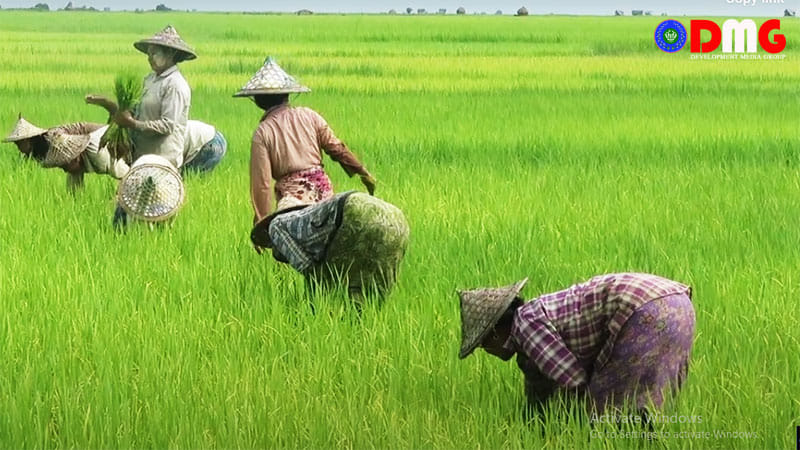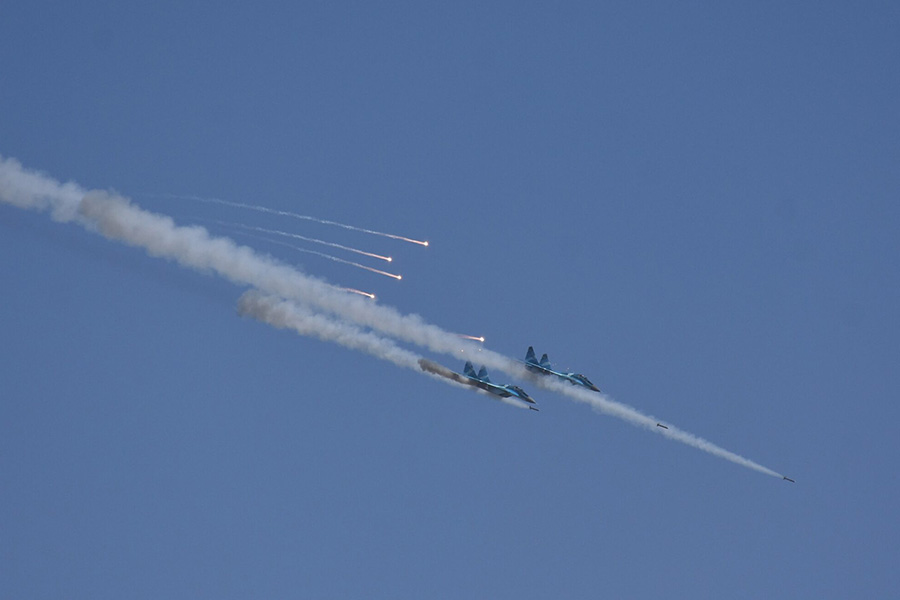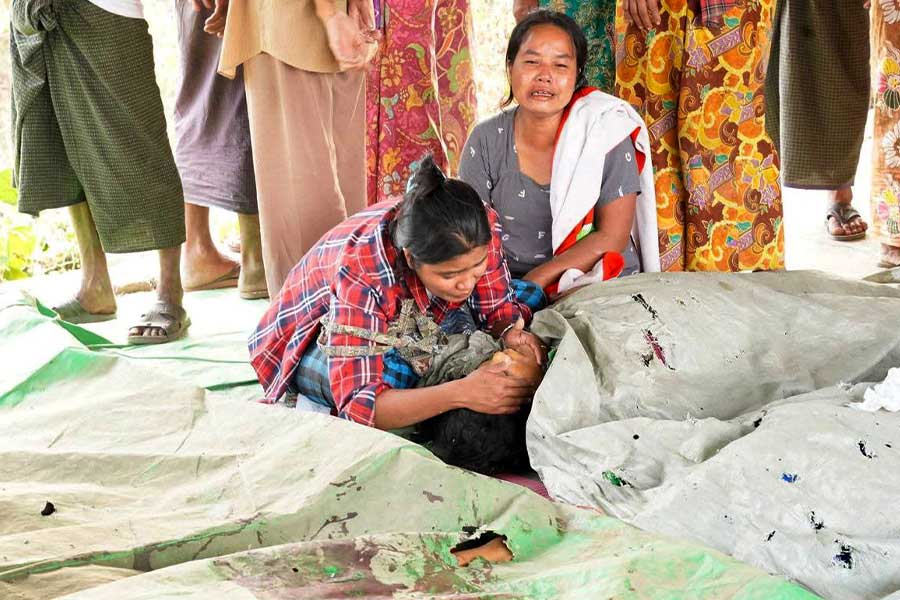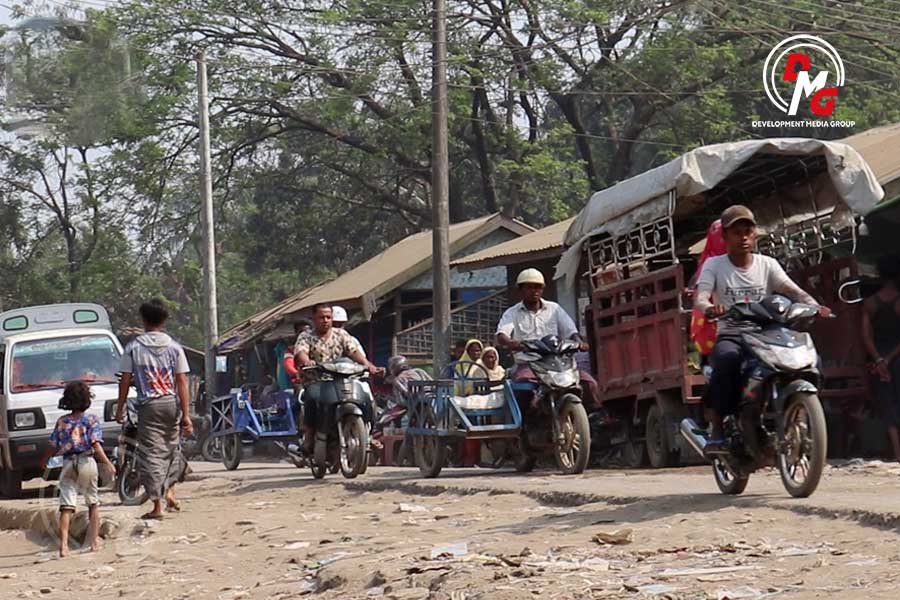- Arakan Army signals willingness to forge strategic partnership with Bangladesh’s new government
- Internet blackout in Arakan State hampers emergency aid delivery
- Arakan residents call for air raid warning systems amid surge in junta airstrikes
- Arakan’s Breathing Space (or) Mizoram–Arakan Trade and Business
- Death toll rises to 18 after junta airstrike on Ponnagyun village market
Paddy yields likely lower this year due to higher price of fertiliser
Paddy yields in Arakan State will likely be lower this year because farmers have had to scale back their use of fertiliser as its price has soared alongside significant depreciation of the Myanmar kyat, according to the Arakan Farmers’ Union.
26 Oct 2021

DMG Newsroom
26 October 2021, Sittwe
Paddy yields in Arakan State will likely be lower this year because farmers have had to scale back their use of fertiliser as its price has soared alongside significant depreciation of the Myanmar kyat, according to the Arakan Farmers’ Union.
“The paddy yields this year will be lower. Farmers from Minbya, Kyauktaw and Mrauk-U townships said an acre of paddy can yield about 40 or 50 baskets,” said U Myo Min Aung, a member of the central committee of the Arakan Farmers’ Union.
An acre of paddy previously yielded about 70 baskets because farmers could afford to buy more fertiliser, he told DMG.
Farmers said their paddy fields in Thandwe, Taungup and Gwa townships were damaged or destroyed by floodwaters in August, adding to the yield problems already faced due to the spike in fertiliser costs.
“I think paddy yield will be about 35 or 40 baskets an acre on average throughout Arakan State. Farmers from Maungdaw, Buthidaung and Rathedaung townships have said the paddy yield will be lower in their areas,” U Myo Min Aung said.
A bag of fertilizer that previously cost K35,000 has risen to more than K80,000, leading many farmers to forgo or scale back use of it on their crops this season, they said.
U Tun Tun Myint told DMG that farmers like himself are facing challenges to grow paddy this year due to increasing agricultural expenditures — of which fertiliser costs are a part — and rising fuel prices, as well as higher labour costs during the harvest.
There are approximately 1.2 million acres of arable farmland in Arakan State, but tens of thousands of acres have gone uncultivated in recent years due to conflict, displacement and rising agricultural expenditures, according to figures from the Arakan Farmers’ Union.

















.jpg)